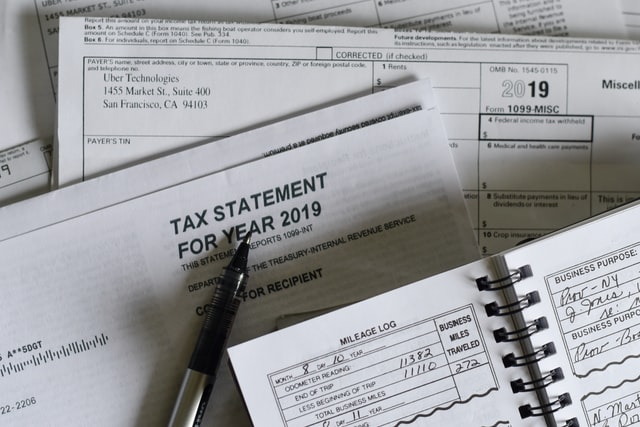Do you know the difference between a tax refund and a tax rebate? If not, don’t worry – you’re not alone! A lot of people don’t know the difference, but it’s an important distinction to make. In this blog post, we will discuss the differences between tax refunds and tax rebates, and help you figure out which one is right for you.
1. Tax refund – a refund of money that you have overpaid in taxes throughout the year
Typically, you will receive a tax refund if you have had too much money withheld from your paycheck throughout the year. This money is then sent back to you in the form of a tax refund.
The average tax refund is $2800, but you can often get a much larger amount depending on your income level and deductions. For example, if you are a single person with no children making $50,000 per year and have taxes withheld at the standard rate of 25%, then you could expect around $2,500 in federal income tax refunds.

There are a few things to keep in mind when it comes to tax refunds: first, you can’t count on getting one every year – it all depends on how much money was withheld from your paycheck. Second, if you don’t end up owing any taxes at the end of the year, you won’t get a refund (although you may still be eligible for tax credits).
2. Tax rebate – a payment from the government that is given to people who meet certain requirements, such as being below a certain income level or owning a home
A tax rebate is often thought of as a gift from the government; however, it can also be seen as an incentive to encourage people to purchase items that may not benefit them financially. For example, if you buy something at full price and then receive a rebate for 20% off your purchase price, you have saved money. In many cases, tax rebates are offered to people who meet specific requirements, such as being below a certain income level or owning a home.
With tax refunds, you’re usually required to file your taxes in order receive them; with tax rebates, this isn’t always the case. If you’re eligible for one of these types of payments from the government, you will usually receive a notification in the mail or by email.
3. Difference between tax refunds and tax rebates for different countries
The differences between tax refunds and tax rebates all depend on where you live. In the United States, a refund is typically given when someone has paid too much in taxes over the course of one year and requests to have some or all of that money returned; whereas with most other countries (such as Canada), there isn’t really any such thing as a tax refund and instead, people receive credits throughout the year that can be used to help reduce their overall income tax burden.

It’s important to note that the rules and regulations surrounding tax refunds and tax rebates can change at any time, so it’s always a good idea to check with your local government or taxation authority to find out more information.
4. Pros and cons of getting a tax refund/rebate
There are many pros and cons to getting a tax refund/rebate. For example, in the United States if you receive one it may mean that your taxes have been overpaid throughout the year but then again this could also signal an error on someone’s part (such as not taking all deductions into account or incorrectly estimating what they owe).
In most other countries where tax refunds do not exist, you would have to wait until the end of each year to receive any type of credit for overpayment which can be frustrating because it means paying more money than necessary up front and then having that money sent back later on down the line.
5. Tips for reducing your taxable income and getting a tax refund/rebate
It’s important to note that there are many ways you can reduce your taxable income, but most of them require some form of action on the part of an individual or company. For example, if you have a business that makes $100k in profits during the year but pays out $60k as salaries to employees then it would be considered income tax deductible and thus reduce your taxable income by 40%.
The easiest way to avoid paying taxes on money earned through investments or retirement accounts is to simply not withdraw or spend the money – letting it sit in the account and grow will mean that you don’t have to pay any taxes on it when you eventually take it out.
That’s all for now! We hope this article has cleared up any confusion between tax refunds and tax rebates. Stay tuned for more updates and tips from The Finance Hacker as we head into tax season. And don’t forget, if you have any questions, you can always reach out to us at the comment section!


